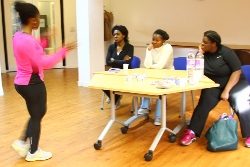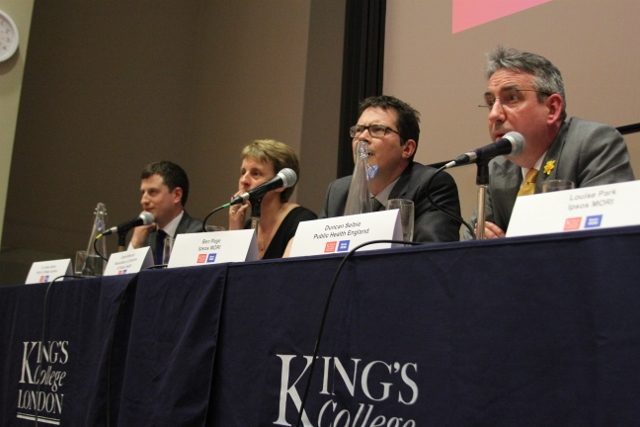Cuba: The Unsung Heroes of the Ebola Outbreak
As the number of cases of Ebola continues to increase we hear about the heroic efforts of western doctors and nurses who have travelled to West Africa to offer their services, but we rarely hear of the sacrifices that countries outside of the west are making. In this week’s blog we highlight the response of the small Caribbean nation, Cuba, who has made a significant difference to the Ebola outbreak.
Cuba is the largest island in the Caribbean with a population of 11 million people and a GDP of $6,051.22 per capita (compared to the UK’s GDP of $39,336.91 per capita). This small nation with limited resources has been leading the effort to tackle the Ebola outbreak, sending more doctors and nurses to West Africa than any other country.
In September, Cuba sent 62 doctors and 103 nurses to Sierra Leone and since then has pledged to send 300 more medical personnel. To date, 256 Cuban doctors and health workers have been sent to Sierra Leone, Liberia and Guinea where they have been treating patients, setting up testing laboratories, helping to develop strategies to stop the transmission of the disease and accurately determining the number of Ebola cases in these three countries.
In addition to sending medical personnel to Africa, Cuba has been training healthcare workers throughout Latin America and the Caribbean on how to deal with Ebola and is currently hosting an Ebola conference in Havana with support from the Pan American Health Organisation and the US.
A response like this is not new to Cuba they have been sending medical personnel to deal with disease outbreaks for years. In 2010 Cuban doctors and nurses helped with the Haiti Cholera outbreak and Cuba has worked in Haiti since 1998. Cuba has also provided medical assistance to war-torn Algeria, hurricane-hit countries in Latin America and the US (hurricane Katrina), and following earthquakes in Chile and Haiti. Today, there are 50,000 Cuban healthcare workers providing assistance to 66 countries.
Cuba’s response to the Ebola outbreak has been so significant that it has won praise from the UN and World Health Organisation.
“Cuba is world-famous for its ability to train outstanding doctors and nurses and for its generosity in helping fellow countries on the route to progress.”
“I am extremely grateful for the generosity of the Cuban government and these health professionals for doing their part to help us contain the worst Ebola outbreak ever known.” – Dr Chan , WHO
Based on Cuba’s size and resources, its response to the Ebola outbreak has been heroic and we applaud them for this and are extremely grateful for their efforts.















 Chikungunya is transmitted from human to human via the bites of infected female mosquitoes. Firstly a mosquito feeds on the blood of an infected person and acquires the virus. The virus then incubates inside the mosquito for 10 days before it can be transmitted to another human via the bite of the mosquito.
Chikungunya is transmitted from human to human via the bites of infected female mosquitoes. Firstly a mosquito feeds on the blood of an infected person and acquires the virus. The virus then incubates inside the mosquito for 10 days before it can be transmitted to another human via the bite of the mosquito. If you live in or are visiting a country affected by chikungunya the only way to protect yourself is to avoid being bitten by mosquitoes and the best way to do this is to:
If you live in or are visiting a country affected by chikungunya the only way to protect yourself is to avoid being bitten by mosquitoes and the best way to do this is to:



